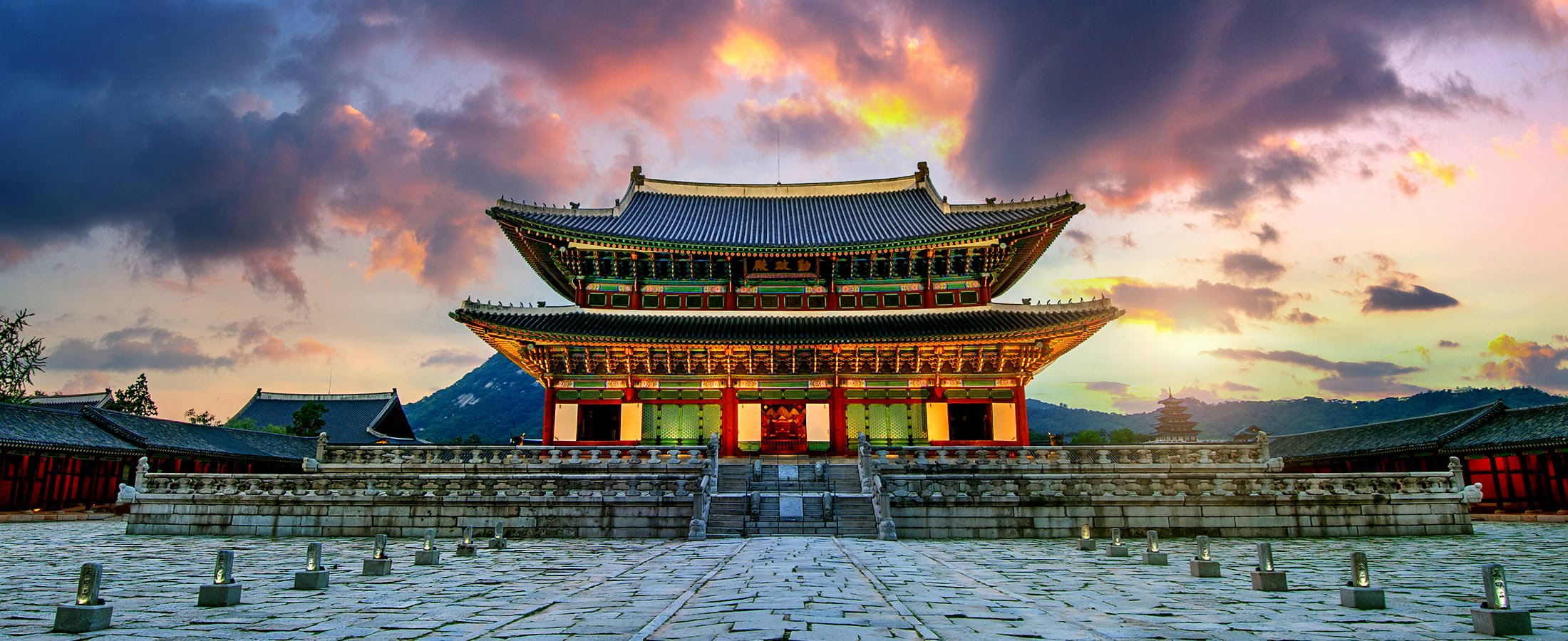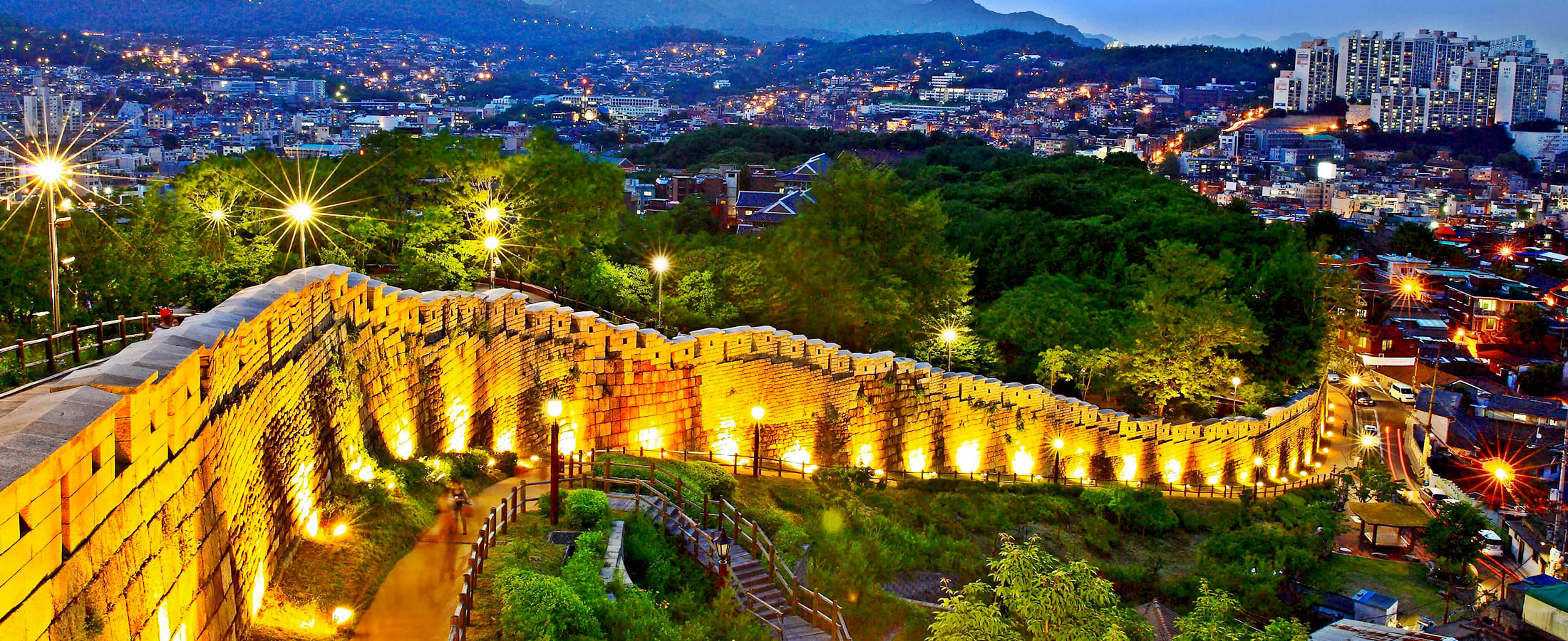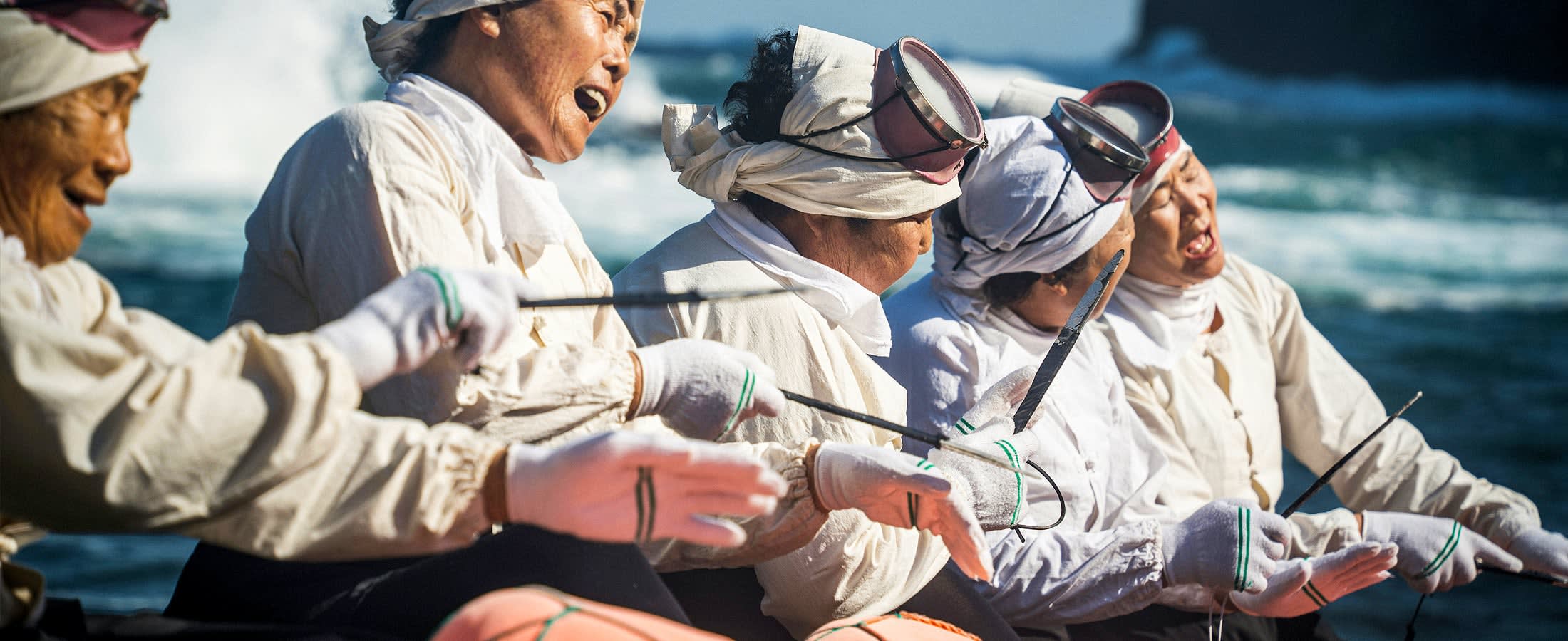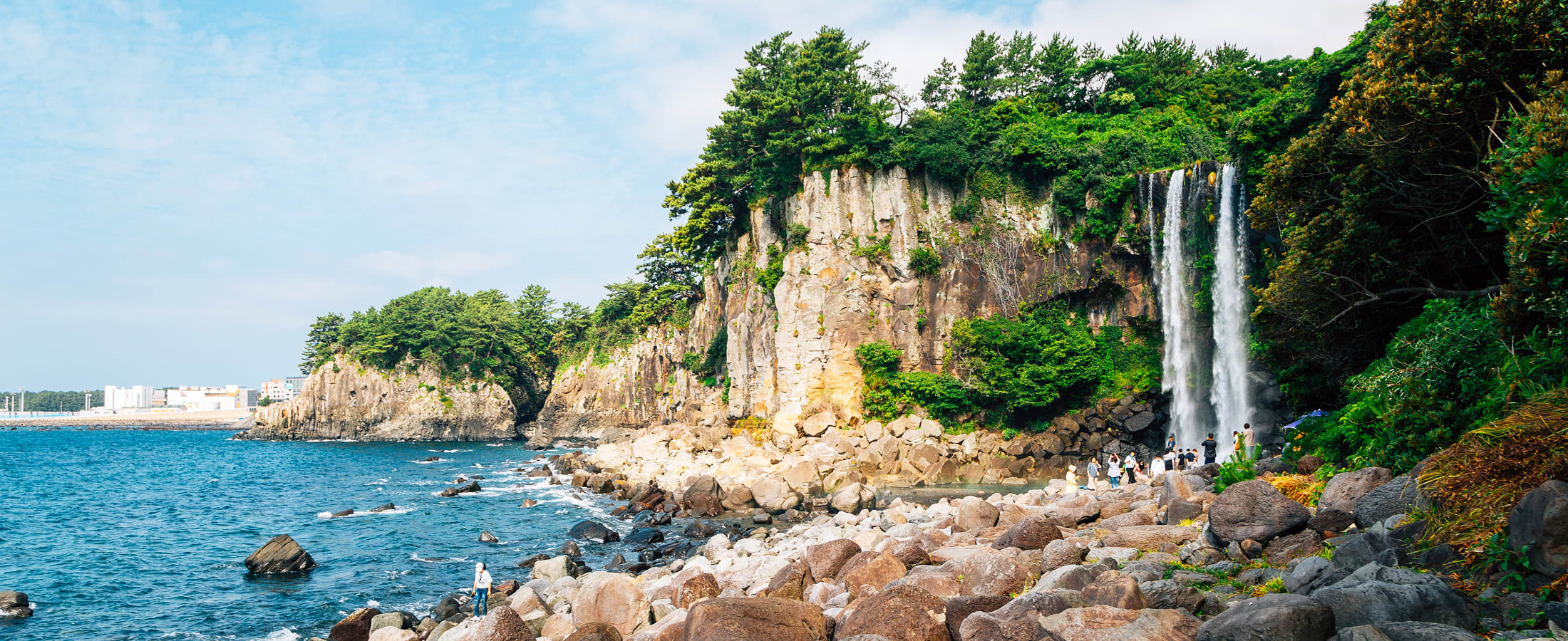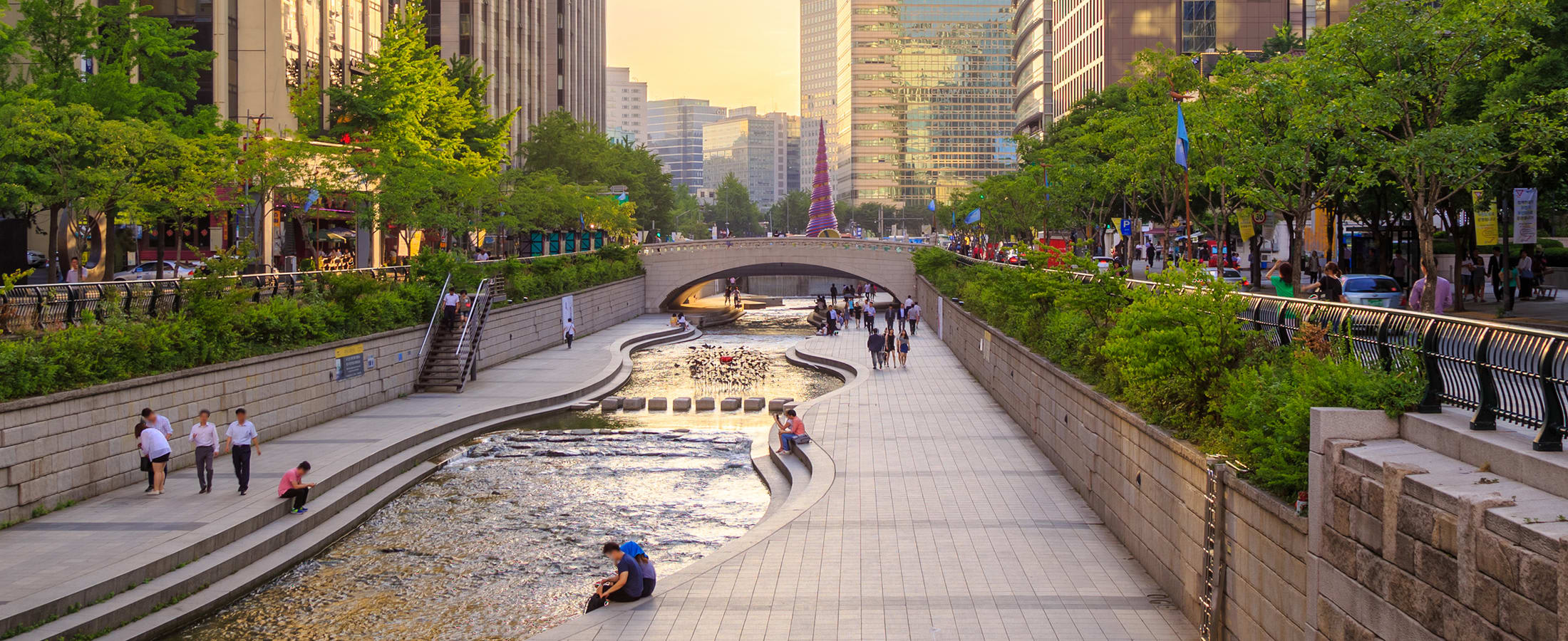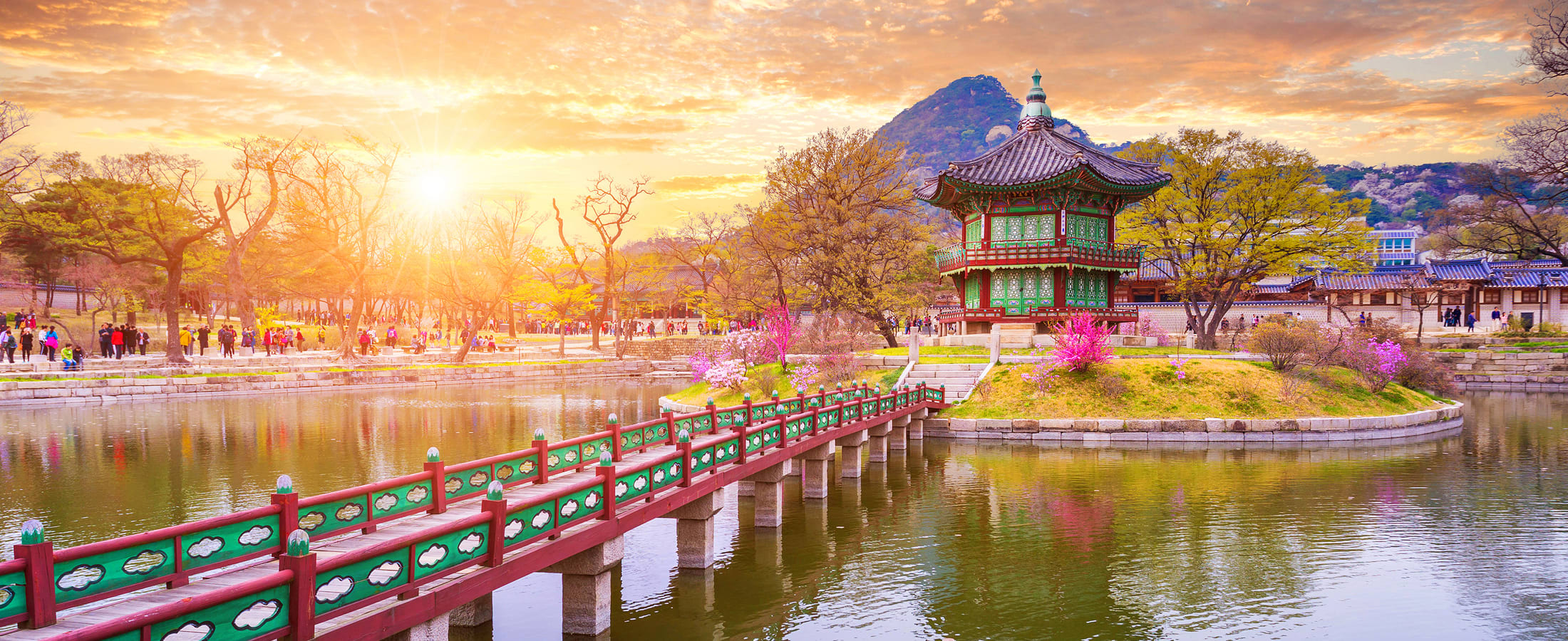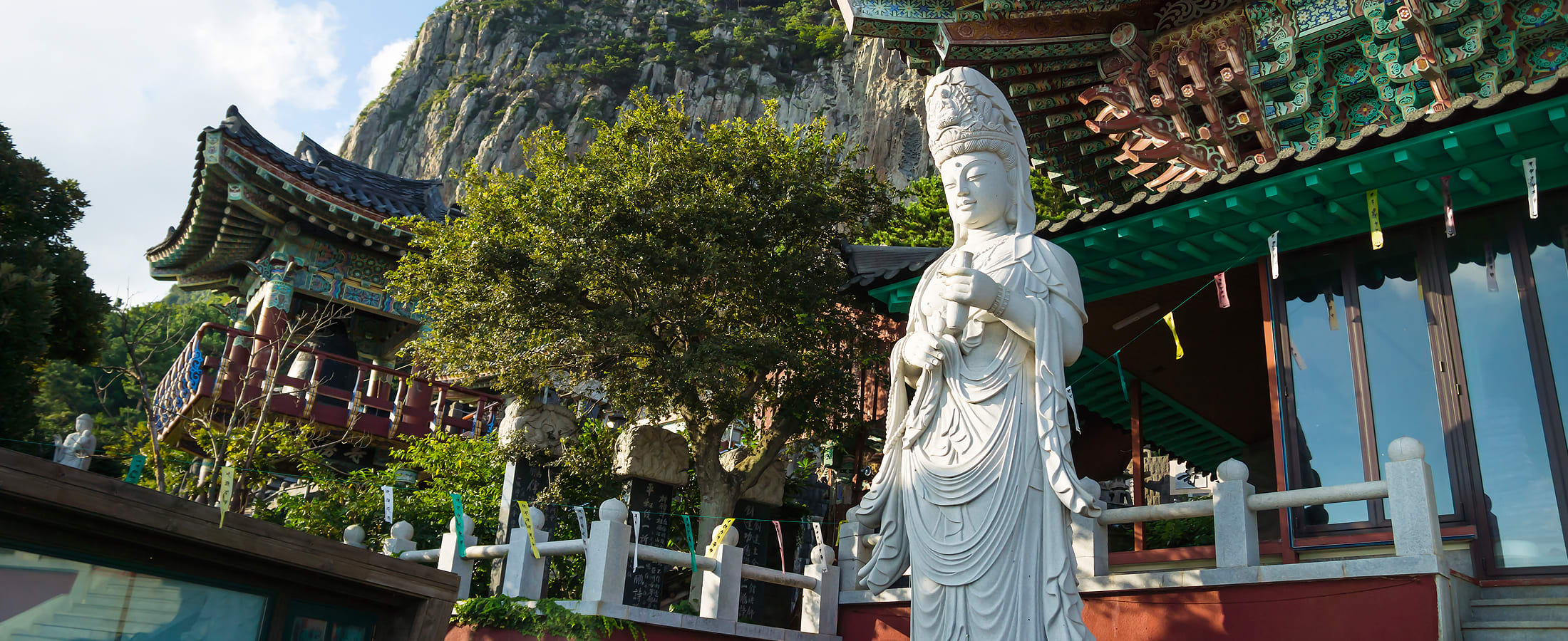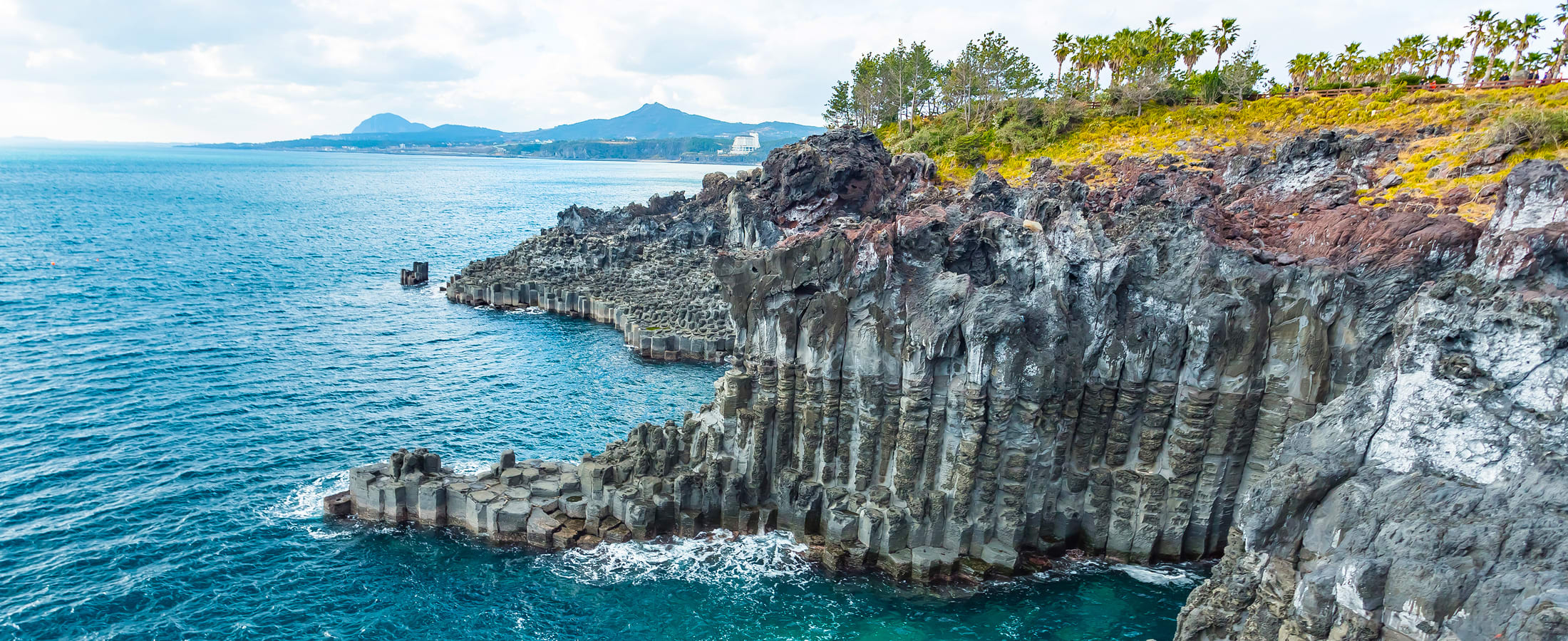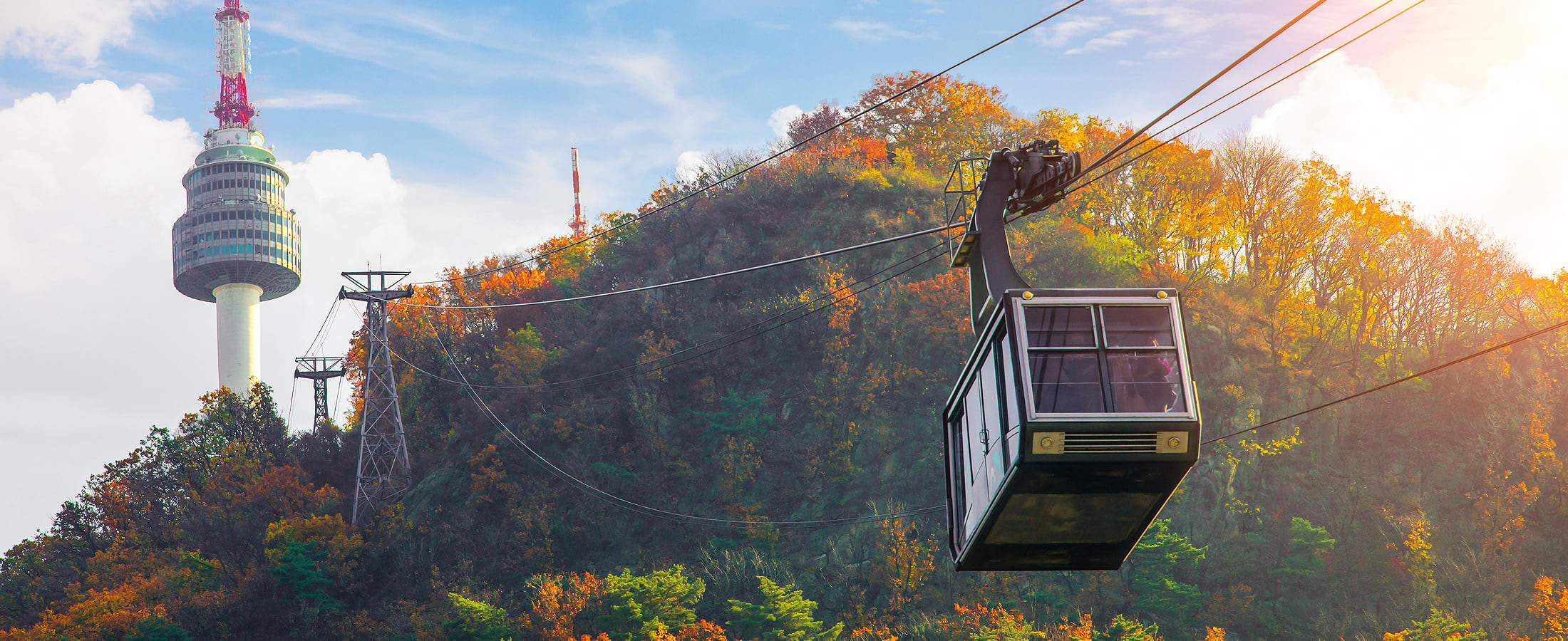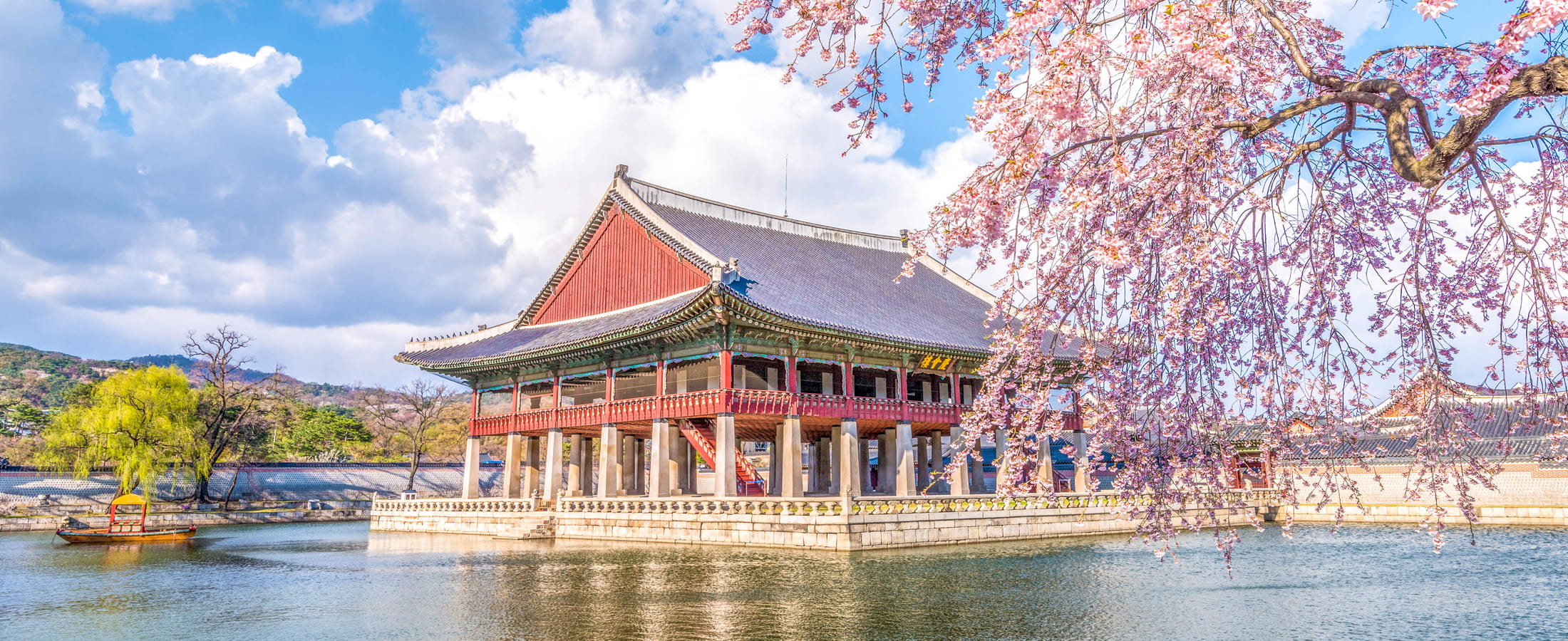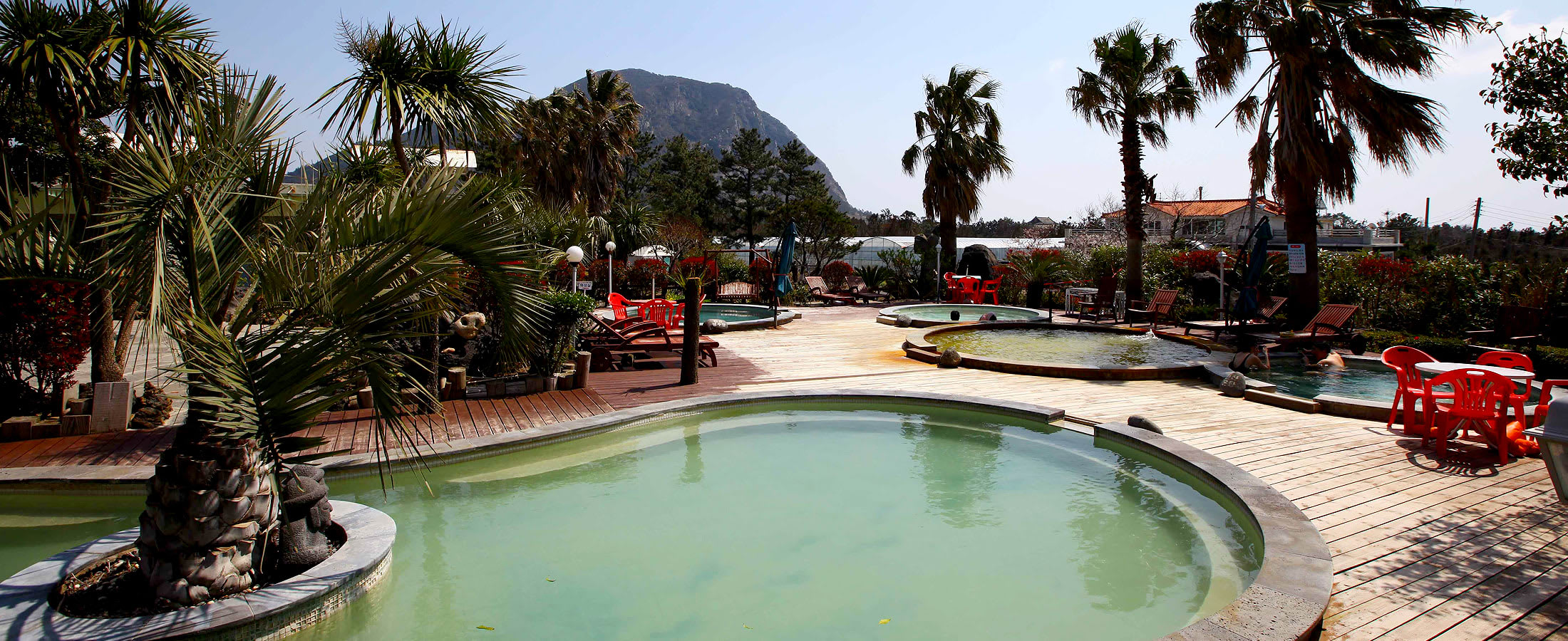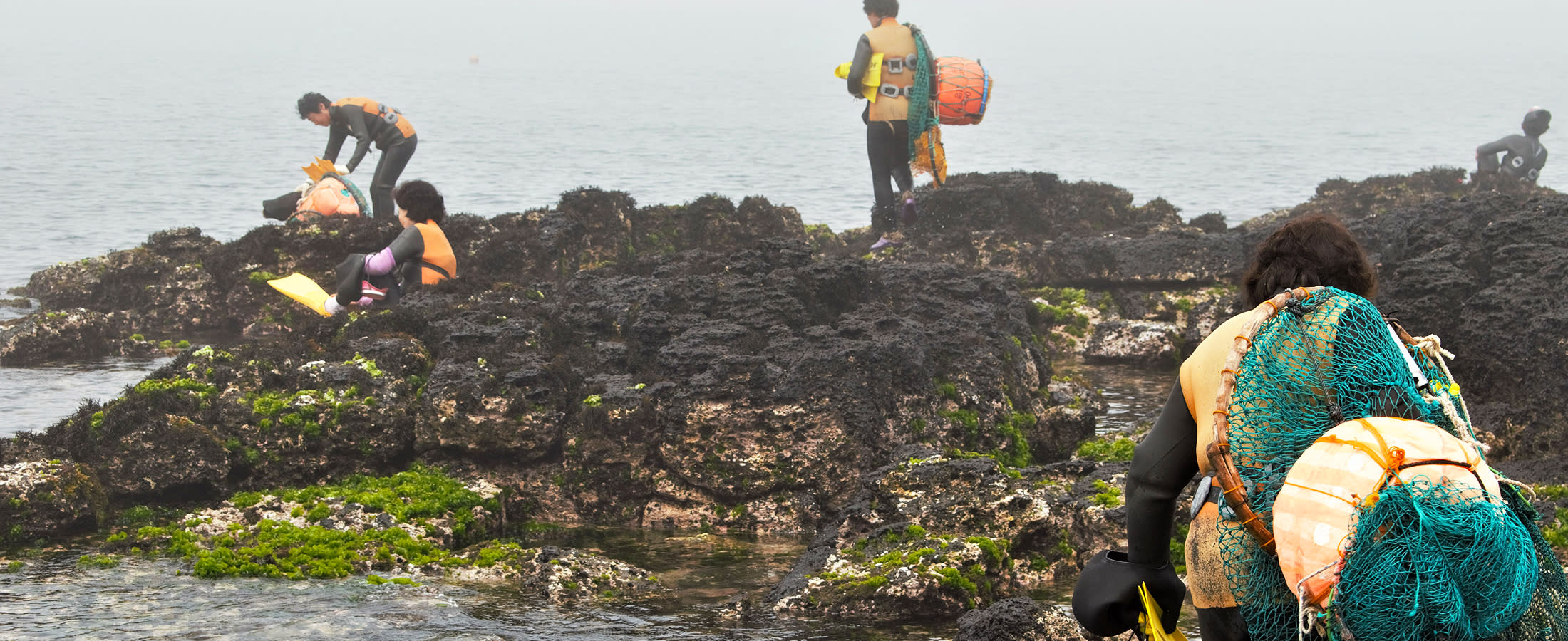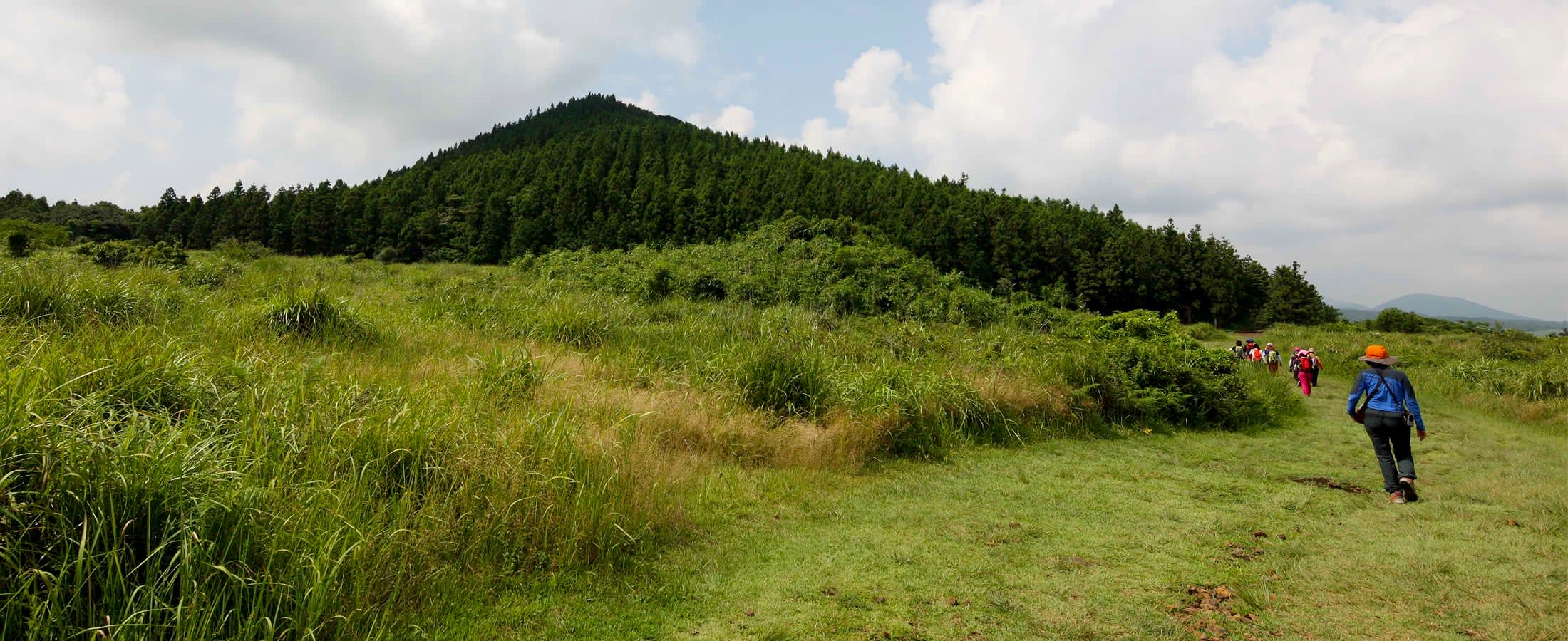 South Korea
South Korea
South Korea, a peninsula located in East Asia, offers a unique blend of ancient traditions and modern advancements, from the historic palaces of the Joseon Dynasty to cutting-edge technology hubs. Known for its vibrant cities like Seoul, South Korea also boasts awe-inspiring natural landscapes dotted with lush mountains, age old temples, and postcard-worthy coastlines. The country is famous for its delicious cuisine, such as kimchi and bulgogi, as well as its global influence in pop culture through K-pop, fashion, and cinema. South Korea's deep-rooted heritage and dynamic modern spirit make it a fascinating destination.
Tours & Packages
Search filters:
- Regions: Asia
- Destinations: South Korea
- including closed packages

Explore two of Asia's most vibrant cities, Hong Kong and Seoul, where modern skylines & cutting-edge innovation meet ancient temples & rich traditions. Optional extension to scenic Jeju Island
From
$3699W/ Flights
Days
Trip Reviews & Photos
We love hearing your stories and seeing your photos! Here are some moments other travelers captured on this package. Or check out our entire fan photo gallery.
No reviews yet! Check back soon to see what our travelers are saying.
Traveled with us, but haven't received an invitation to review your trip? Contact us at reviews@friendlyplanet.com.
Highlights
To see full details, click the button to the right.
Fast Facts
Already booked on one of our packages to South Korea? See everything you need to know before you go.

